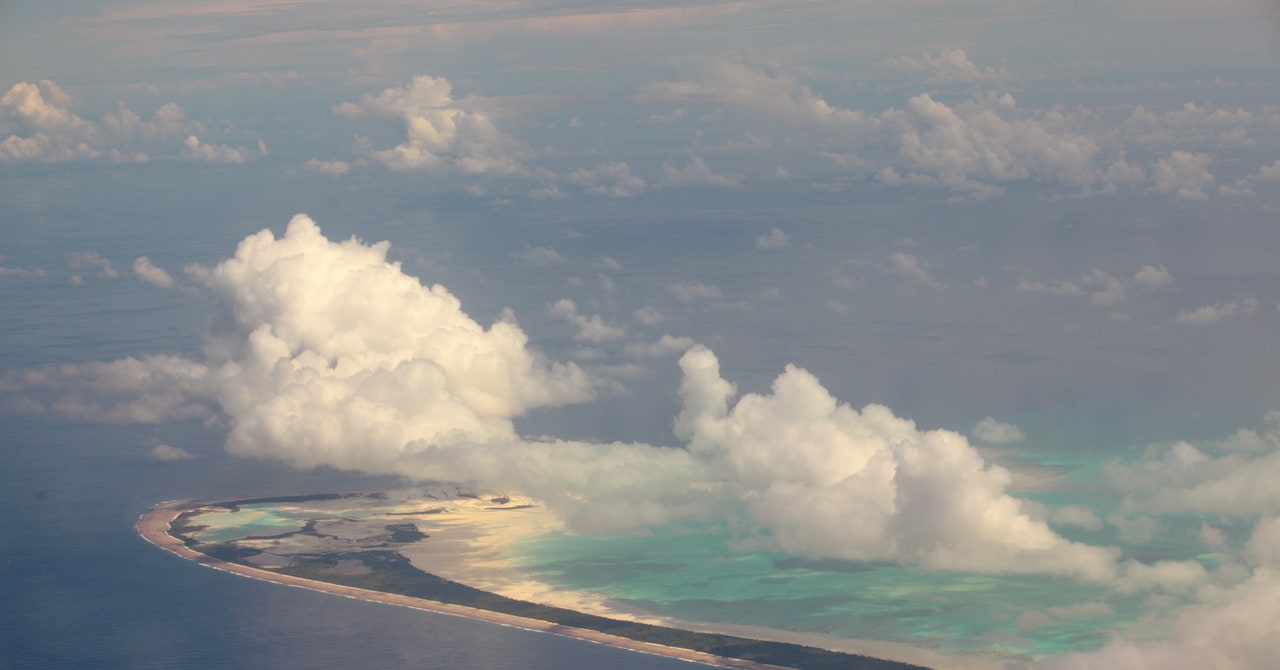It’s hard to overstate the vulnerability of these communities to Covid. Vaccine coverage rates vary wildly in different parts of the region: in Palau, 95 percent of the population is vaccinated; in Papua New Guinea that figure is just 3 percent. It could take five years to vaccinate just a third of its population, one report predicted. Others are more middling but rising: Almost 70 percent of the population is fully vaccinated in Fiji, and around 60 percent in New Caledonia and Samoa.
A “degree of complacency” can be blamed for low vaccination rates in some countries, says Newton Cain. Little or no experiences with Covid has meant there wasn’t much incentive for the general public to get vaccinated. Distrust of health systems makes vaccine hesitancy a problem too: misinformation spread on social media has fuelled the low vaccine uptake in some countries.
And to make matters worse, in post-colonial times, food habits have shifted more towards cheap imported processed foods, which, combined with increasingly sedentary lifestyles, has led to a rise in obesity and diabetes, two major risk factors for Covid-19. Almost 60 percent of the adult population of Tonga is thought to be obese. Over 35 percent of the populations of Kiribati, the Solomon Islands, and Vanuatu suffer from nutritional deficiency. “There’s a huge incidence of diabetes in almost every island in Oceania,” says Philippe Georgel, a virology and genetics researcher at the University of Strasbourg who has done research in New Caledonia and co-authored a paper in The Lancet that called for more research into how Covid affects Pacific island nations.
Health care systems in Pacific island nations are severely limited in terms of equipment, resources, and trained personnel. There are 21 hospital beds and just five physicians for every 10,000 people, according to data from the Asian Development Bank. And social distancing isn’t an option for many. “Often, households are made up of an extended family group,” says Newton Cain—multigenerational and close-knit. “So being able to maintain that social distance is hard.” Lockdowns can also be devastating: Some people don’t have the cash reserves to stock up on necessities in advance, she says.
As a result, some nations are dealing with a triple burden: the pandemic, the prevalence of non-communicable diseases, and the risk of natural disasters that are common in the region, such as earthquakes and cyclones, says Berlin Kafoa, director for the Public Health Division at the Pacific Community, an international development organization based in New Caledonia, where cases have reached almost 10,000 and the death count is approaching 300. “One natural disaster alone can temporarily wipe out the food security efforts and aspirations of an entire nation,” says Kafoa, which makes these populations “much more susceptible to the complications of Covid-19.”
The first two years of pandemic isolation have also come at a heavy price for the isolated island nations in the Pacific. According to data from the Asian Development Bank, the economies of these countries shrank by almost 6 percent in 2020. The region risks facing a “lost decade” due to the economic fallout unless it receives international aid in the next few years, according to the Lowy Institute, an independent think tank in Sydney, Australia. This has also exacerbated existing social and health vulnerabilities. “It’s now becoming clear that because of the lack of resources generally, and because so many resources have been diverted to Covid, other health challenges are going by the board,” Newton Cain says. “We’re now concerned about a lack of surveillance on things like TB [tuberculosis], or people not being monitored for being pre-diabetic or diabetic, and not being able to get treatments for other things.” The indirect health effects of Covid-19 shutdowns are going to be significant, she warns.
Now, as they battle outbreaks and climbing case rates, the path out of the pandemic could be treacherous for these countries. “All Pacific island nations will need to reopen to kickstart their already-fragile, contracting economies to improve the livelihoods of their peoples,”says Kafoa. When exactly to reopen will be decided by factors such as vaccination coverage and critical care capacity. His organization’s advice to Pacific island nations is simple: “Assume that they will get Covid-19 and prepare accordingly.” So far, shutting off from the rest of the world has been the only option for these remote countries—and it’s worked. “The problem,” says Georgel, “is it’s not going to work forever.”
More Great WIRED Stories

































